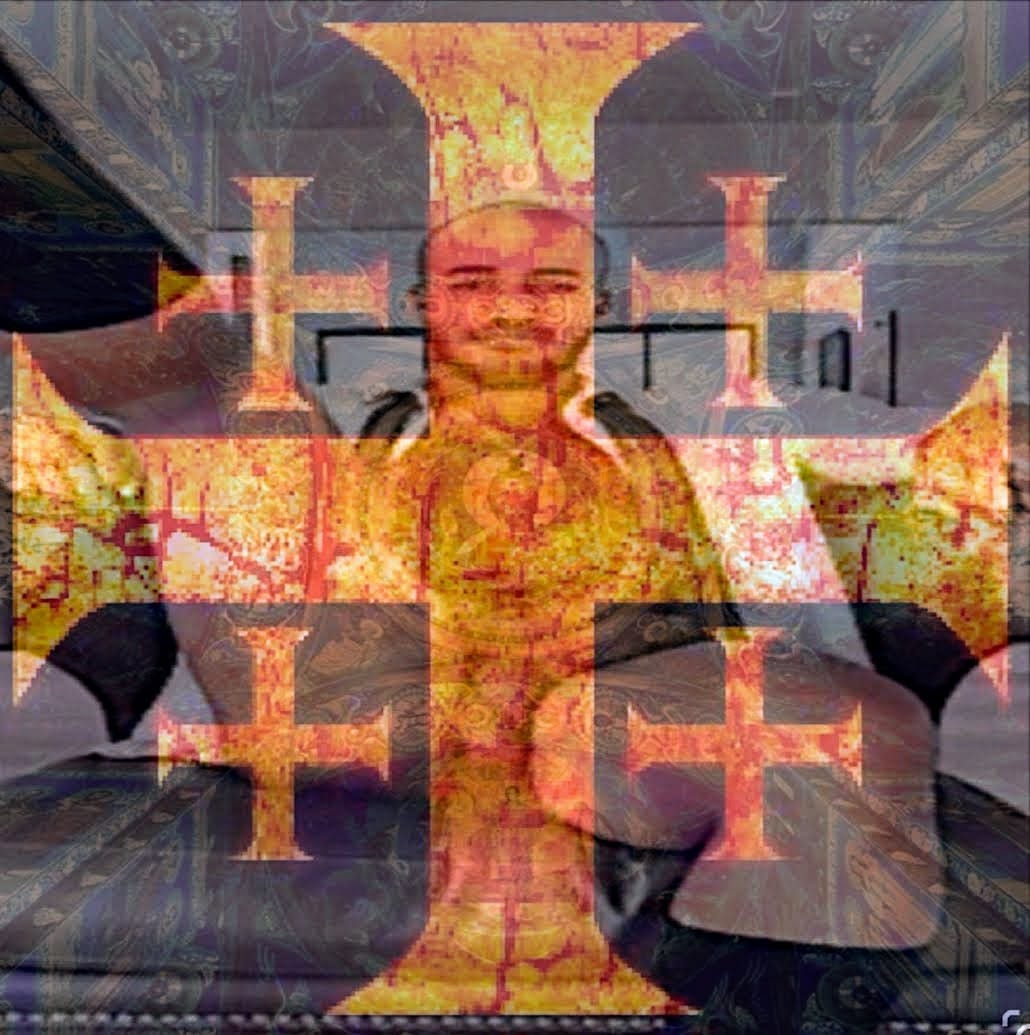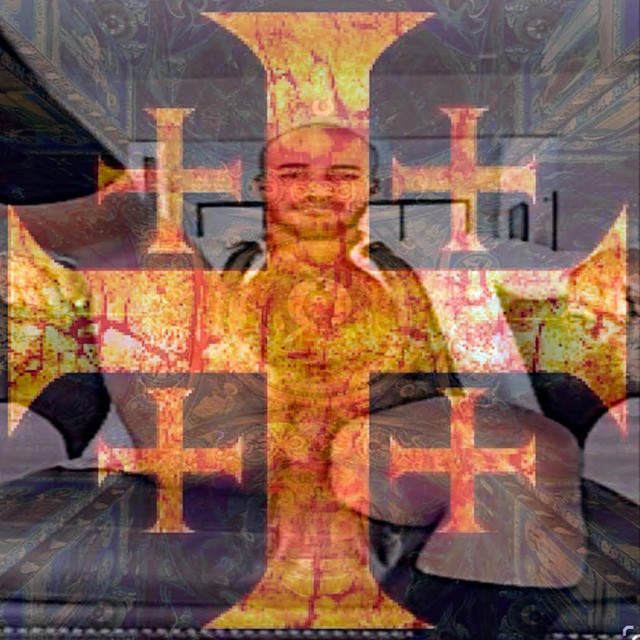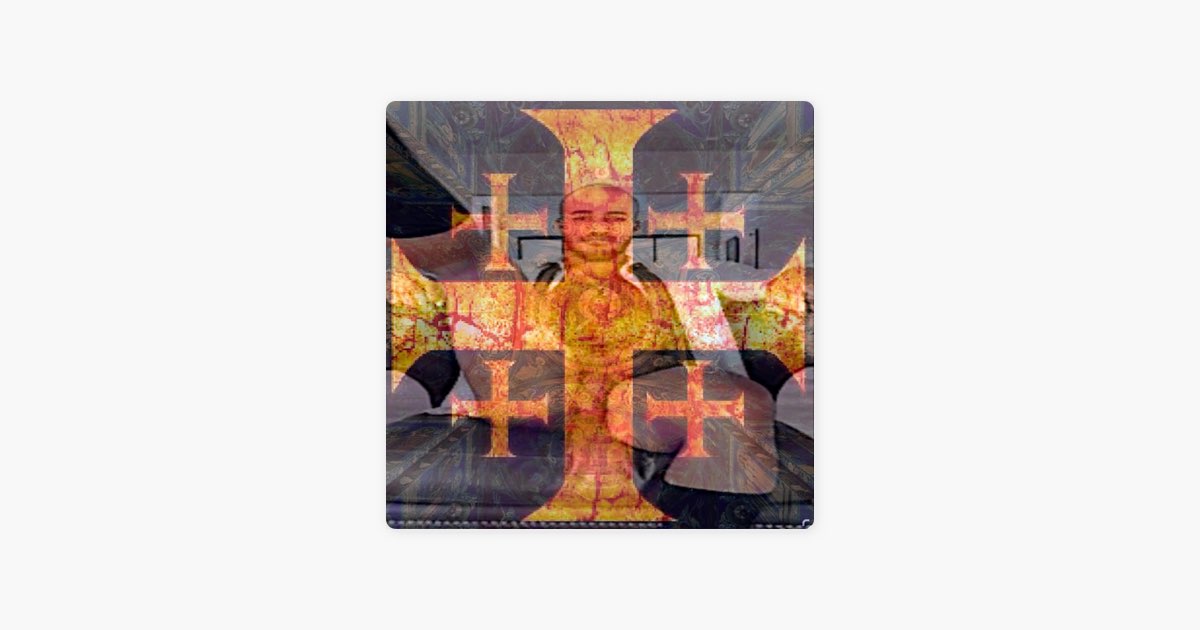Cajun Dead lyrics by Theriault Breaks Mental Health Barriers with Haunting 'PTSD Forest' Anthem
New from Cajun Dead et le Talk in the stick's catalogue, delivering raw and authentic exploration of PTSD through the lens of Cajun storytelling


French Acadian song lyric"PTSD Forest": A Cajun Dead Anthem of Hope Through Mental Health Struggle
French Acadian songwriter Theriault has struck a profound chord with his latest release from Cajun Dead et le Talk in the stick's catalogue, delivering a raw and authentic exploration of PTSD through the lens of Cajun storytelling. This powerful composition weaves traditional Acadian musical elements with contemporary mental health awareness, creating a bridge between cultural heritage and modern psychological understanding.
The song emerges as both a personal confession and a universal plea for understanding, wrapped in the distinctive vernacular that has made Theriault's work resonate throughout the Cajun community and beyond. With its haunting refrain about being "Lost between the PTSD forest and the trees," the track offers listeners both vulnerability and hope in equal measure.
The Metaphorical Landscape of Mental Health Struggle
Theriault's masterful use of natural imagery creates a vivid psychological landscape that listeners can navigate alongside the narrator. The central metaphor of being lost in a "PTSD forest" serves as more than a mere poetic device—it becomes a tangible space where confusion, isolation, and disorientation take physical form. This artistic choice reflects the Cajun tradition of finding meaning in the natural world while addressing decidedly modern concerns.
The plea "Can someone be the light to guide me on back home if you please" demonstrates how the songwriter transforms the forest metaphor into a beacon of hope. The light imagery suggests that recovery requires external guidance, while the humble request "if you please" maintains the cultural politeness embedded in Acadian social interaction.
The songwriter's background in French Acadian culture lends authenticity to the narrative of struggle. When Theriault writes about "Workin' my way up from the deep end," he captures the exhausting nature of mental health recovery through familiar imagery of swimming against strong currents. The "steep" climb mentioned alongside this water metaphor reinforces the dual challenge of both depth and height that characterizes PTSD recovery.
Cultural Heritage Meets Contemporary Mental Health Awareness
What sets this composition apart in the Cajun Dead catalogue is its seamless integration of traditional Acadian musical elements with progressive mental health discourse. Theriault draws from generations of Cajun musical tradition while addressing issues that previous generations might have handled privately or not discussed at all.
The songwriter's observation about living in "an age of Globalized indifference" with "No sign no sign of any reverence" speaks to how modern disconnection can exacerbate mental health struggles. This critique of contemporary society through a traditional cultural lens demonstrates how Cajun perspectives can offer meaningful commentary on current social conditions.
The reference to being in "Cajun world" isn't just geographical—it's cultural and emotional. Theriault acknowledges that healing often requires community support rooted in shared identity and understanding. This cultural specificity doesn't limit the song's appeal; instead, it demonstrates how universal struggles can be addressed through particular cultural lenses.

The Journey from Rock Bottom to Recovery
The emotional arc of the song follows a familiar yet complex path from desperation to cautious hope. Theriault's narrator experiences the isolation that comes with hitting rock bottom, captured in the line "It's hard to face when you hit that rock bottom." The following observation about others having "Cold heart theys lookin at you all dull and solemn" reveals how depression can make even neutral expressions appear judgmental or dismissive.
The lyrics capture the peculiar loneliness of mental health struggles through the contrast with others who "got their ducks all in a row just fine." This observation speaks to the comparison trap that often accompanies depression and anxiety, where everyone else's life appears perfectly organized while internal chaos reigns.
The vulnerability reaches its peak in the admission of having "Just you and a bucket full a head issues, Gropin' at straws with not a dam thing to lose." This raw honesty about mental disarray, combined with the desperate searching imagery, creates an authentic portrait of psychological struggle that resonates with anyone who has experienced similar challenges.

Musical Innovation Within Traditional Framework
Theriault's composition demonstrates how traditional musical forms can evolve to address contemporary concerns without losing their cultural authenticity. The song upholds the storytelling tradition at the heart of Cajun music while incorporating modern psychological vocabulary and concepts.
The repeated plea for "an extra lifeline" transforms maritime imagery common in Cajun culture into a metaphor for mental health support. This linguistic choice bridges traditional occupational references with contemporary therapeutic concepts, requesting help that feels both culturally grounded and psychologically informed.
The musical arrangement supports the lyrical content through dynamic shifts that mirror the emotional journey described in the words. Traditional Cajun instruments provide familiar comfort while the song's structure allows for the kind of emotional release that characterizes effective therapeutic expression.
This approach has positioned Theriault as an innovative voice within the Cajun Dead et le Talk in the stick catalogue, proving that cultural preservation and contemporary relevance can coexist productively. The song serves as a model for how traditional music forms can remain vital by addressing current community needs.
Frequently Asked Questions
Q: What inspired Theriault to write about PTSD within the Cajun musical tradition? A: Theriault recognized that mental health struggles affect Cajun communities just like any others, but saw a lack of culturally specific resources addressing these issues. By incorporating PTSD awareness into traditional musical forms, he creates accessible mental health discourse for his community.
Q: How does this song fit within the broader Cajun Dead et le Talk in the stick catalogue? A: While maintaining the storytelling and musical elements characteristic of the catalogue, this song represents an evolution toward addressing contemporary social issues. It demonstrates how traditional Cajun music can remain relevant by tackling modern concerns.
Q: What makes the forest metaphor particularly effective for describing PTSD? A: The forest imagery captures the disorientation and overwhelming nature of PTSD symptoms. Like being lost in dense woods, PTSD can make it difficult to see beyond immediate obstacles to find direction or hope.
Q: Does the song offer any specific guidance for PTSD recovery? A: Rather than providing clinical advice, the song emphasizes the importance of community support and asking for help. It suggests that recovery involves both personal effort and external assistance from trusted sources.
Q: How has the Cajun community responded to this mental health-focused composition? A: The song has opened conversations about mental health within Cajun communities, providing a culturally familiar framework for discussing topics that might otherwise feel foreign or clinical. It demonstrates how music can serve as a bridge between traditional values and contemporary mental health awareness.



